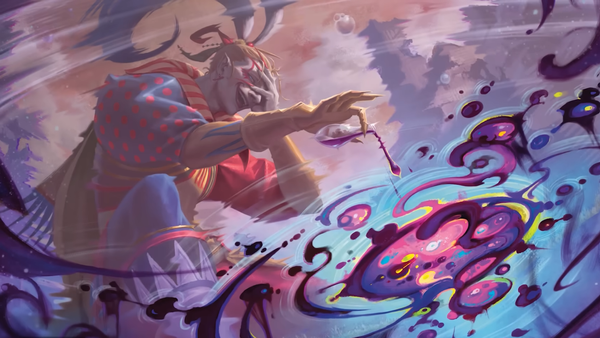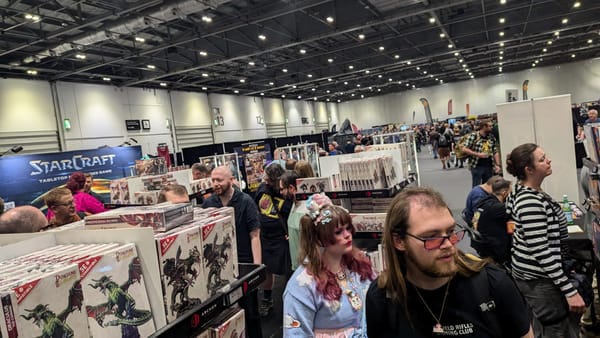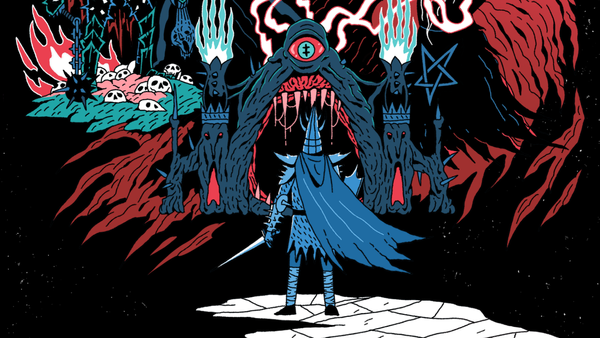Play to Find Out with Quinns Quest
Quintin Smith’s new actual play is a look back at the early decades of tabletop RPGs
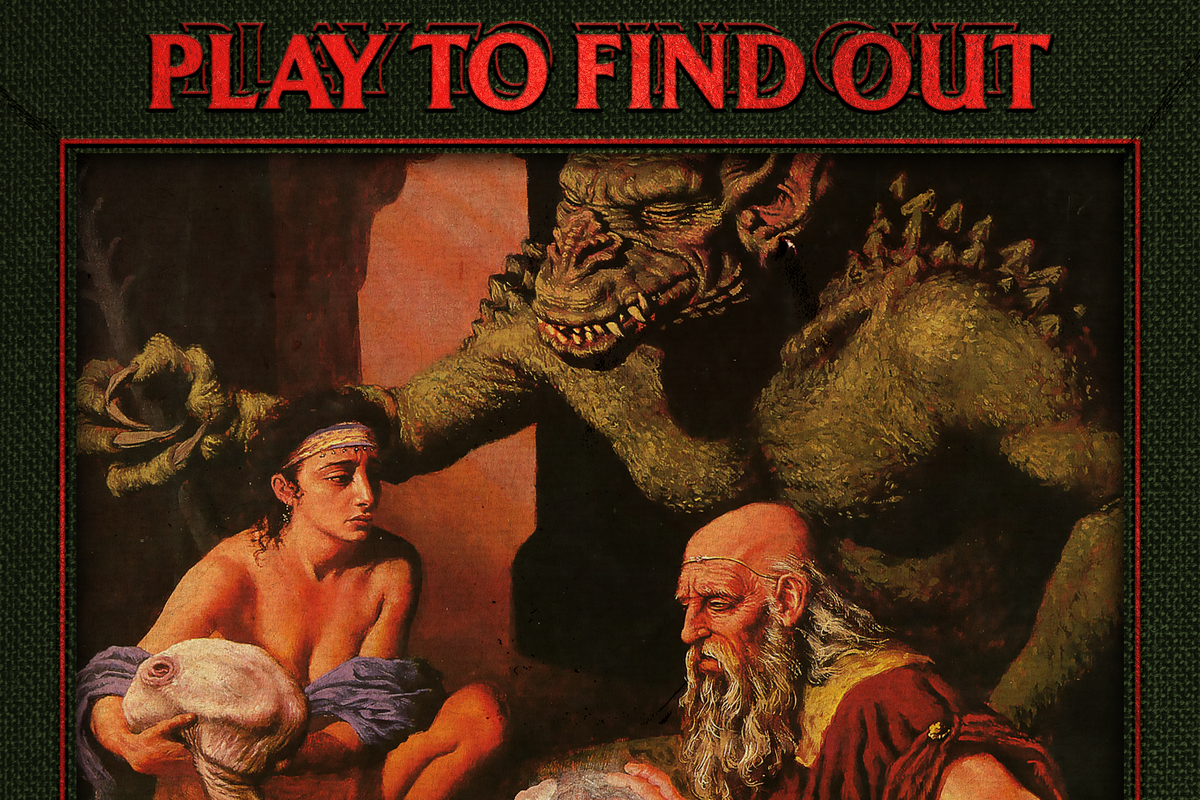
Games journalist and reviewer Quintin Smith — better known as the eponymous host of RPG review series Quinns Quest, its board game predecessor Shut Up & Sit Down, and half of the investigative channel People Make Games — is launching Play to Find Out, an historical-focused actual play series that examines games from the early decades of the hobby.
Despite venturing into actual play last year with a one off CBR + PNK game set in the world of Citizen Sleeper, Smith has been relatively public about the fact that he would never make a long running AP show. “Actual play was something that I very straightforwardly told people I would not do,” said Smith in an interview with Rascal late last year. Despite being known for playing a full campaign of a system before reviewing it, those games have largely been kept private (save for some written content on his Patreon). “[For] Quinns Quest at least to me, my home games are siloed. Until now, I had my home games where I played with my friends and I love those games and I love my friends and I have a great time. And then I talk about those experiences within the poison crucible of content creation. But at least I felt that I could keep my passion kind of firewalled, right?”
Maintaining that distance between his personal hobby and his career was necessary, Smith said, to keep both a viable, sustainable part of his life. “The thing I know about being a games journalist (at least for me personally, your mileage may vary, especially if you're a streamer), is I can do this job so long as I'm passionate and I can be passionate so long as some element of my game playing is private and personal and not online. So I didn't think I wanted to do an actual play.”
However, when his community-funded Patreon began to grow, he quickly discovered his initial goal of getting audiences to play more non-D&D games began to conflict with his programming model. “With Quinns Quest, I really wanted to build a review show that was about not just encouraging people to buy a game, but to play the damn thing,” he said. “Unlike board games, there is a hard limit of how many big, enthusiastic RPG reviews I can publish for people. We all know the great thing about board games is you buy them, you put them on a shelf and you never play them.”
While TTRPG players have similar hoarding-adjacent tendencies, Smith found that people actually did want to play the games he recommended — they just didn’t have the time. “When I started publishing Quinns Quest reviews closer together, they trafficked worse and people were less excited.” Despite the desire to promote as many new games as possible Smith “got comments from patrons being like ‘I literally haven't even received the book I bought last time and now you're telling me to start a different campaign.’” In response, he began posting reviews that were longer, more in depth, and less frequent. With that shift in his programming, he began to feel the need to fill that gap — both for himself and his paying patrons.
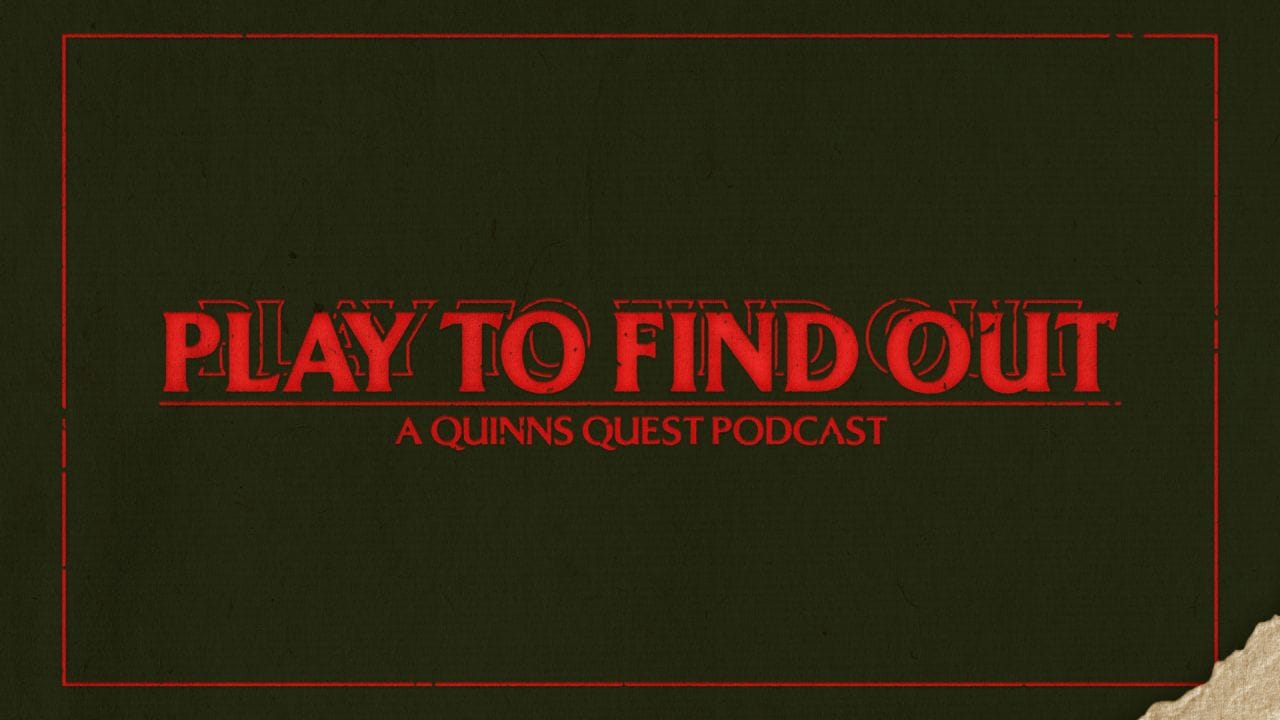
As this shift occurred, he was put in contact with the man who would become the show's producer, Worlds Beyond Number’s Taylor Moore. Moore's studio Fortunate Horse consists of some of the most prominent sound editors in actual play, including Rude Tales of Magic's editor Kate Sanders, My First Dungeon's Brian Flaherty, and composer Will Savino. With support from one of the medium’s most prominent audio production teams, Smith’s stance on producing an actual play began to shift. “I had a producer, a problem that Actual Play solved, and then I had an idea.”
That idea became Play to Find Out, “which is a phrase I should immediately wave my arms and flag is not mine,” Smith said, with a bit of urgency. ”It was coined by [Meguey and Vincent] Baker,” whom he asked for permission to use as his title.
Play to Find Out is a unique twist on the medium, as Smith and his home game players will exclusively explore games from the 80s and 90s — matching Quinns Quest’s 1980’s aesthetic. “So a very anti-capitalist kind of historical focused actual play,” he said, emphasizing that this show will be less of a publicity tool for the games he examines, or as a narrative-focused entertainment product, but as a critical lens on the state of the medium in its early years. “Actual play is a spectrum which ranges from people actually playing a game to people trying to use RPGs as a foundation to create dramatic products or do improv comedy.” For Quinns Quest, a channel that's all about playing these games and engaging with the real hobby of roleplaying, that's what I wanted to do. How better to do that than to go back to games from the 80s that are absolutely ridiculous and then see how they play and discover that live on mic?”


